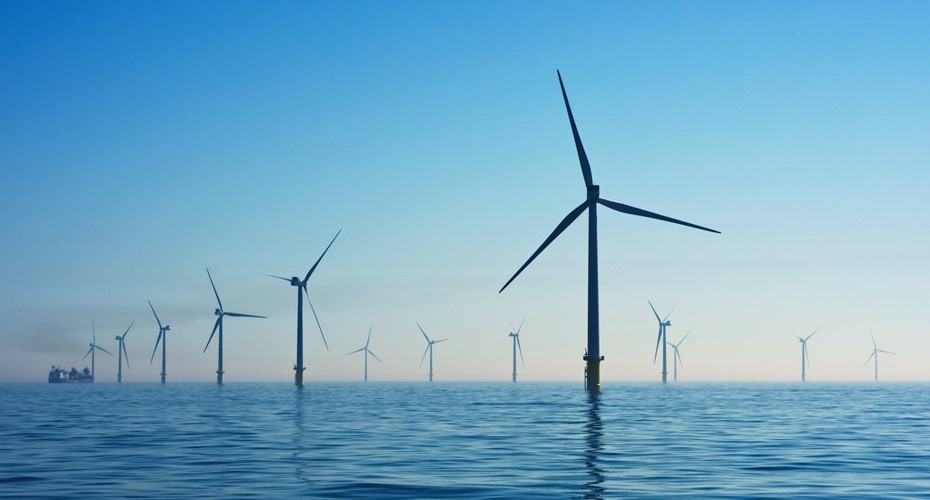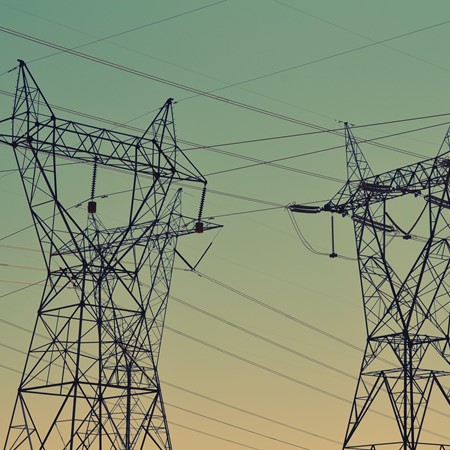Planning System is the Greatest Challenge to Developing Ireland's Energy Capacity

Uncertainty in the planning system is the greatest challenge when it comes to developing Ireland's energy capacity, according to a new survey of industry professionals.
The results come at the point where there has been a 12-month gap since planning permission was last granted for a wind farm in Ireland.
According to the survey of 200 industry professionals, which was carried out by business law firm Mason, Hayes & Curran, 48 percent of respondents said planning uncertainty is the most significant challenge when it comes to addressing the country's energy infrastructure deficit, followed by grid availability at 35 percent.
Planning was also identified as a key area that needs to be addressed if Ireland is to continue to attract foreign direct investment to the energy sector, with 86 percent of respondents saying they expect the proposed reforms to Irish planning law to have a positive effect on the sector.
AmCham believes that reform of our planning system is key to addressing current and future infrastructural and capacity challenges, particularly in the area of sustainable energy.
According to AmCham’s Quarterly FDI Insights survey, 45 percent of respondents said their organisation had made an application for planning permission to the planning authority in the last five 10 years. Of those, only 4 percent waited less than 3 months for a decision. 31 percent waited 3-6 months, 42 percent waited 6 months - 1 year, 8 percent waited 1-2 years and 15 percent waited longer than 2 years for a decision on their application.
In AmCham’s 2024 Budget submission, 'Building an Impactful Ireland - For 2050 and Beyond', AmCham recommended the need for a planning system under which decisions are delivered within 3 months, and should further consideration be required, that all additional processes will be completed within 6 months of the original application date.
The Government has committed to delivering up to 80 percent of Ireland’s electricity from renewable sources by the end of this decade, through 90GW of onshore wind, 8GW of solar and at least 5GW of offshore wind.
However, according to the Mason, Hayes & Curran survey, 59 percent of respondents believe less than 2GW of offshore wind capacity will be installed by 2030, while 41 percent believe more than 2GW but less than the 5GW target will have been achieved.
Additionally, 72 percent believe increased interconnection with the UK and mainland Europe is critical to delivering Ireland’s off-shore wind ambitions.
Meanwhile Ireland and the United Kingdom have signed agreements to scale up co-operation on renewable energy, notably offshore wind and green hydrogen production, with Britain strengthening commitments to maintain the security of the State’s natural gas supplies over the coming decades.
Under the agreement, the UK is to provide know-how on scaling up offshore wind and guarantee gas supplies to Ireland, which are set to increase from 75 percent of supplies to 90 percent in coming years as the Corrib gasfield depletes.
Even if there is a disruption to supplies, the UK has agreed there will be equal “pain sharing” so the State will not be penalised in comparison to parts of the UK, with any reductions to be on “a proportional basis across the UK and Ireland”.
To engage with AmCham on topics related to energy, please contact Ellen McGrath, Senior Public Affairs Executive, at e.mcgrath@amcham.ie.
Related News
Irish Energy Prices Drop by More than 60 Percent Year on Year
01.09.2023
Energy prices in Ireland have more than halved in the past year according to new figures from the Central Statistics Office (CSO). Wholesale electricity prices in July had dropped by 64 percent compared to the same time last year. Meanwhile, prices were 18 percent lower than they had been in June of this year.
Ireland Ranks First Globally for Energy Efficiency but System is Vulnerable to Shocks
11.08.2023
Ireland ranks first globally for energy efficiency a new study has found. According to Euromonitor International’s first global energy vulnerability index, which surveyed 100 countries globally, Ireland’s "high share of wind power in the electricity mix'" has given Ireland an efficient energy industry

